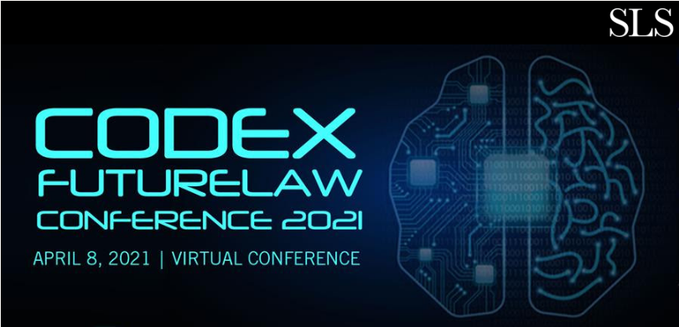Thomson Reuters Insights from CodeX FutureLaw: Thomas Kim on AI Ethics

The Stanford Center for Legal Informatics’ CodeX FutureLaw conference annually brings together the academics, entrepreneurs, lawyers, investors, policy makers, and engineers spearheading the tech-driven transformation of the legal system. Jenny Martinez, dean of Stanford Law School, and Thomas Kim, chief legal officer and company secretary of Thomson Reuters, opened the conference with welcoming remarks.
The event focused on the way technology is changing the legal profession and the law itself, and the way these changes affect us all. Kim delivered a welcome address, highlighting notable changes in the industry, including the importance of ethical considerations in the development and adoption of AI in the business and practice of law.
Kim noted how AI ethics are in the headlines daily, often addressing the potential for AI to produce biased or inaccurate outcomes. He addressed the need for legal professionals to be mindful of ethics-related limitations, noting that while AI solutions can help legal professionals improve productivity and provide better legal services to their clients, it’s important to be aware of their limitations and their intended use. He emphasized the importance of humans remaining involved to ensure that we’re maintaining ethical use and development of AI tools, as well as including true domain expertise.
Kim said that companies worldwide are working to stay ahead of proposed AI regulations and legislation. He explained how five AI principles are guiding the approach at Thomson Reuters.
Kim shared each principle and how it promotes trustworthiness in the company’s continuous design, development and deployment of AI:
- That Thomson Reuters will prioritize safety, security, and privacy throughout the design, development and deployment of our AI products and services.
- That Thomson Reuters will strive to maintain a human-centric approach and will strive to design, develop and deploy AI products and services that treat people fairly.
- That Thomson Reuters aims to design, develop and deploy AI products and services that are reliable and that help empower people to make efficient, informed, and socially beneficial decisions.
- That Thomson Reuters will maintain appropriate accountability measures for our AI products and services.
- That Thomson Reuters will implement practices intended to make the use of AI in our products and services explainable.
Thomson Reuters was proud to sponsor this year’s CodeX FutureLaw conference.